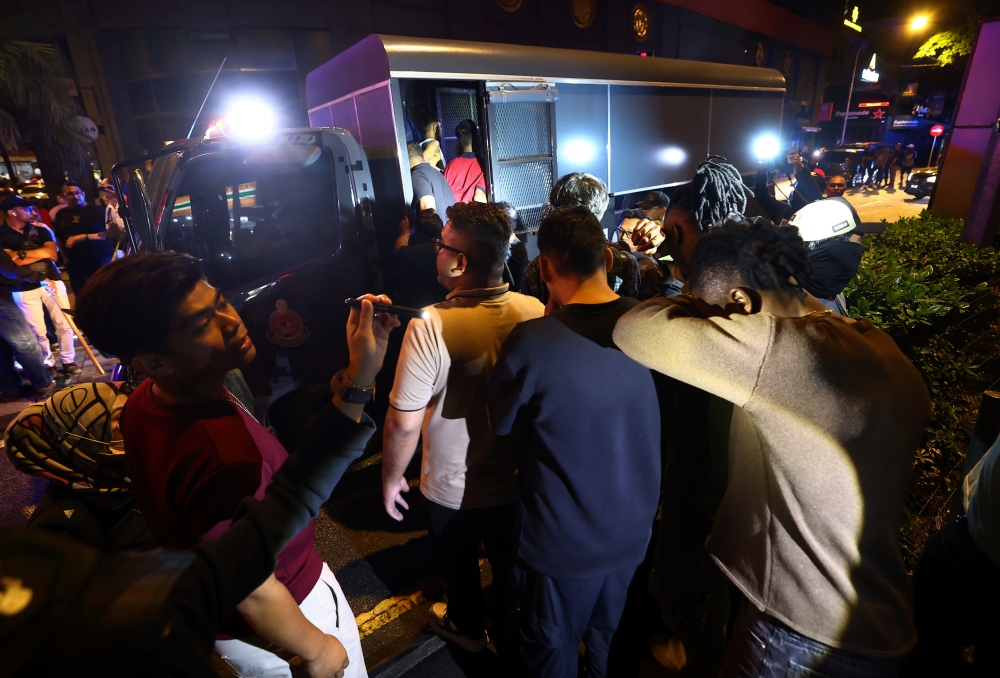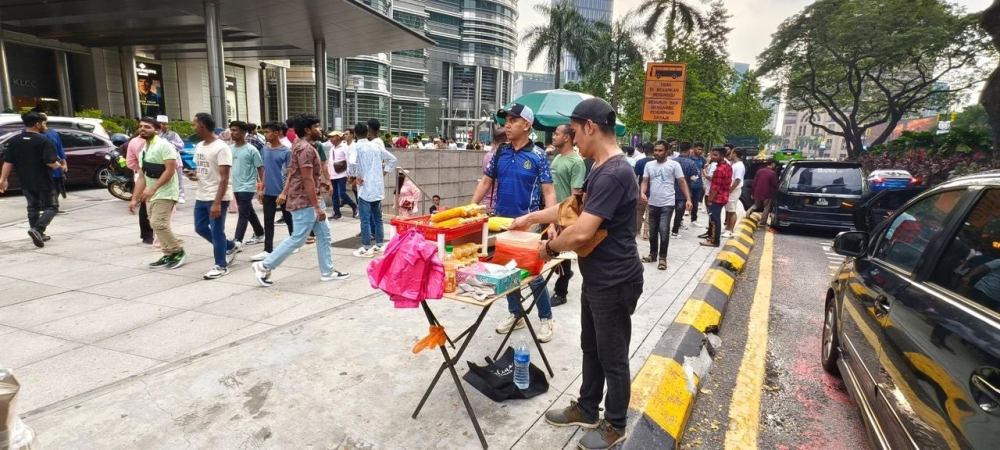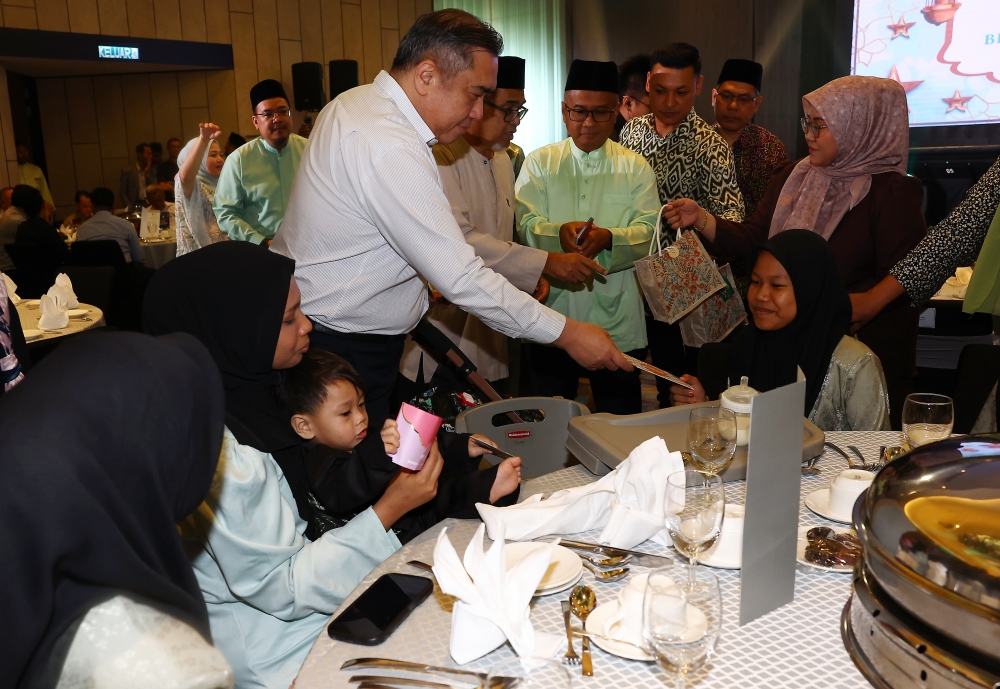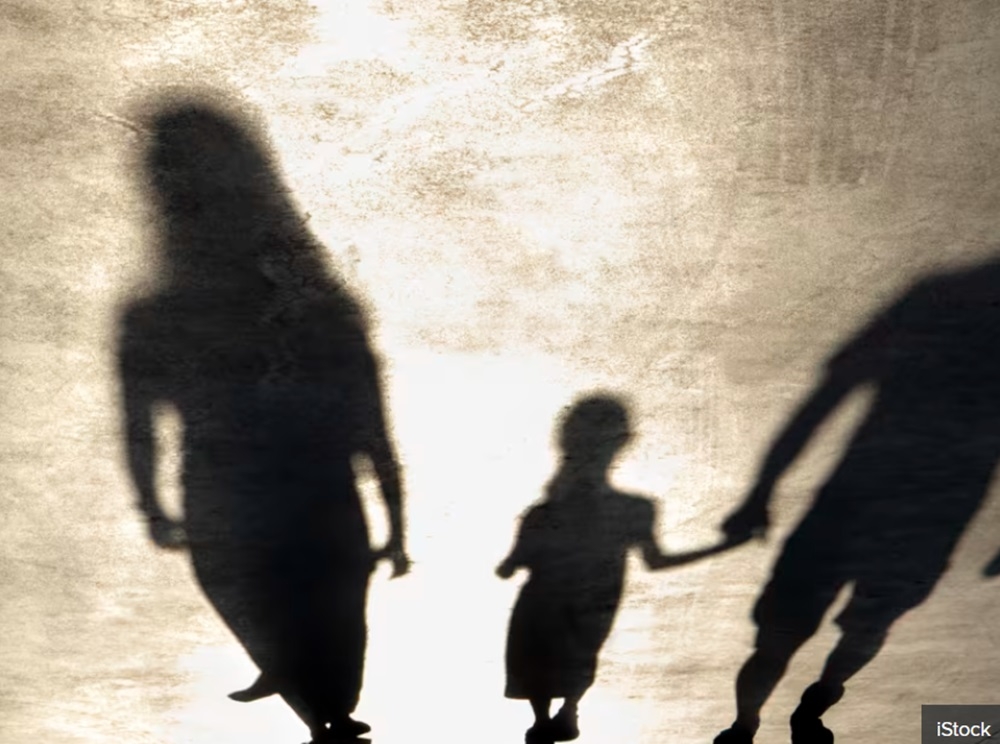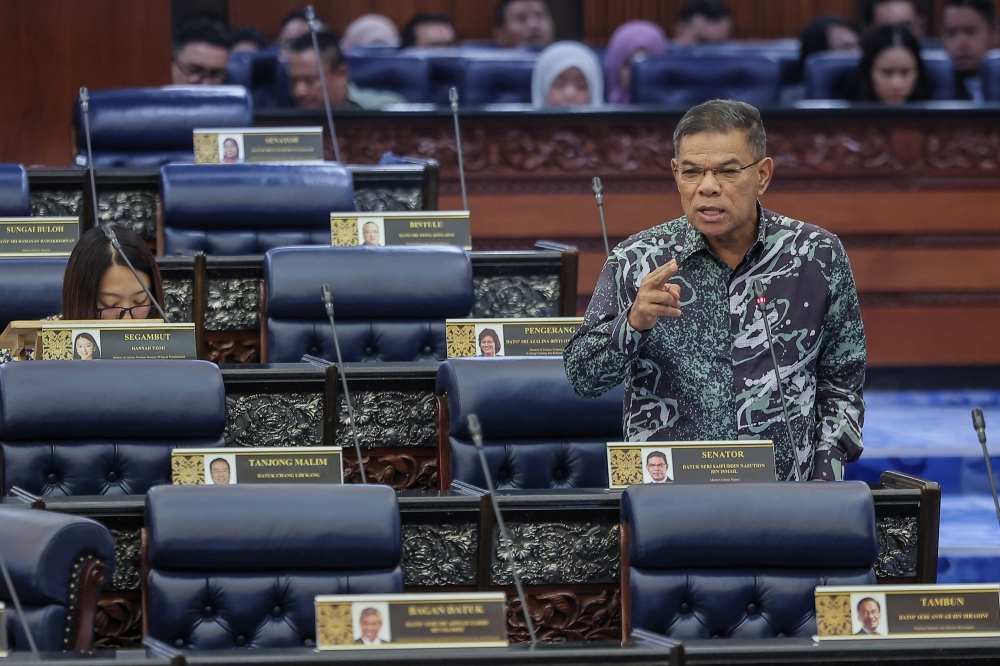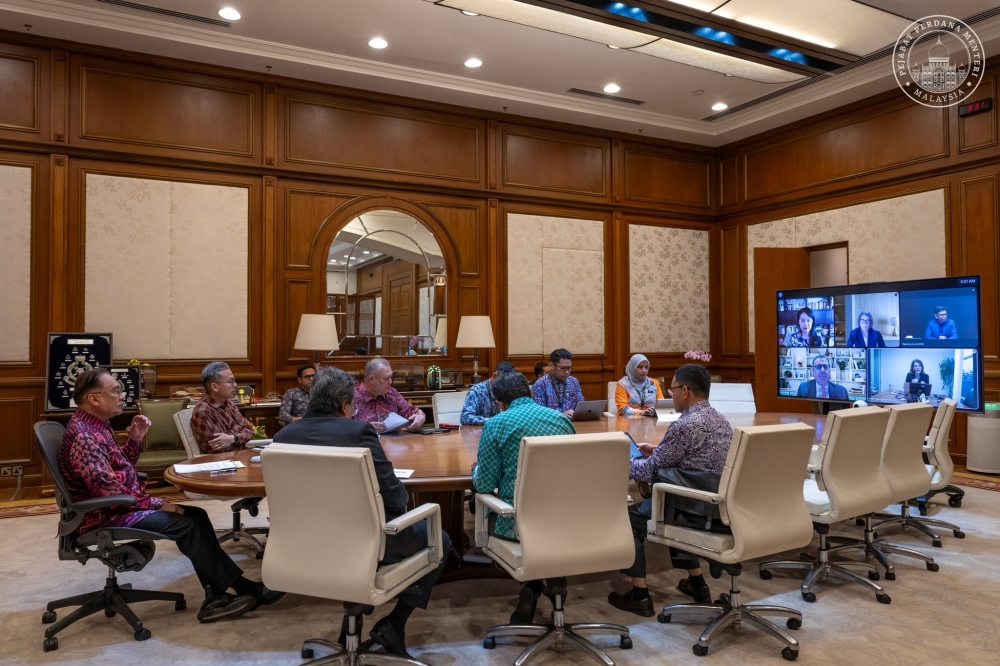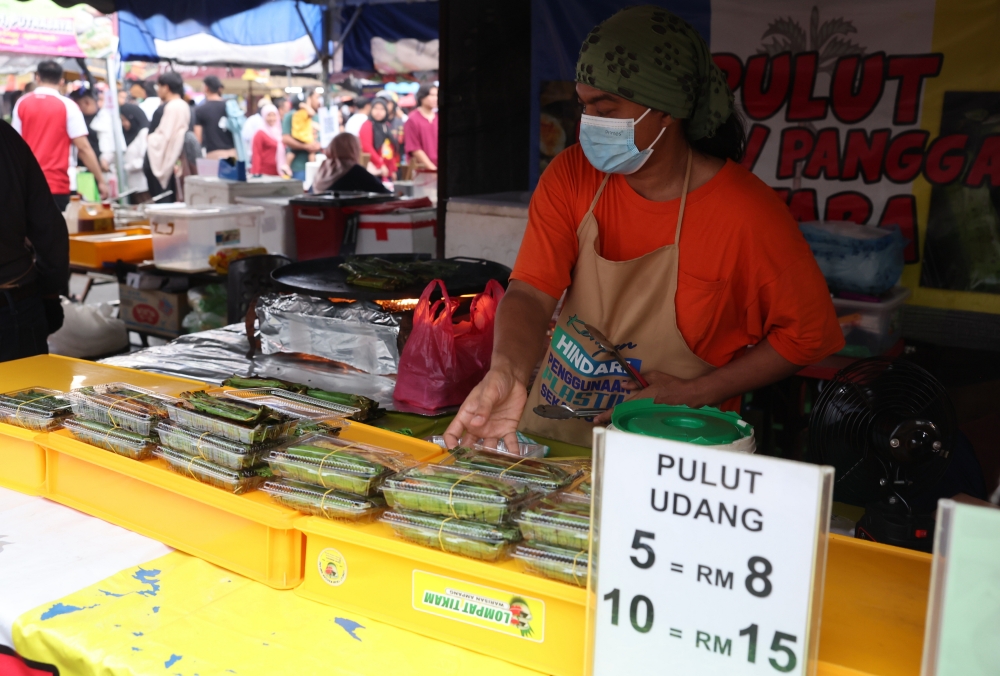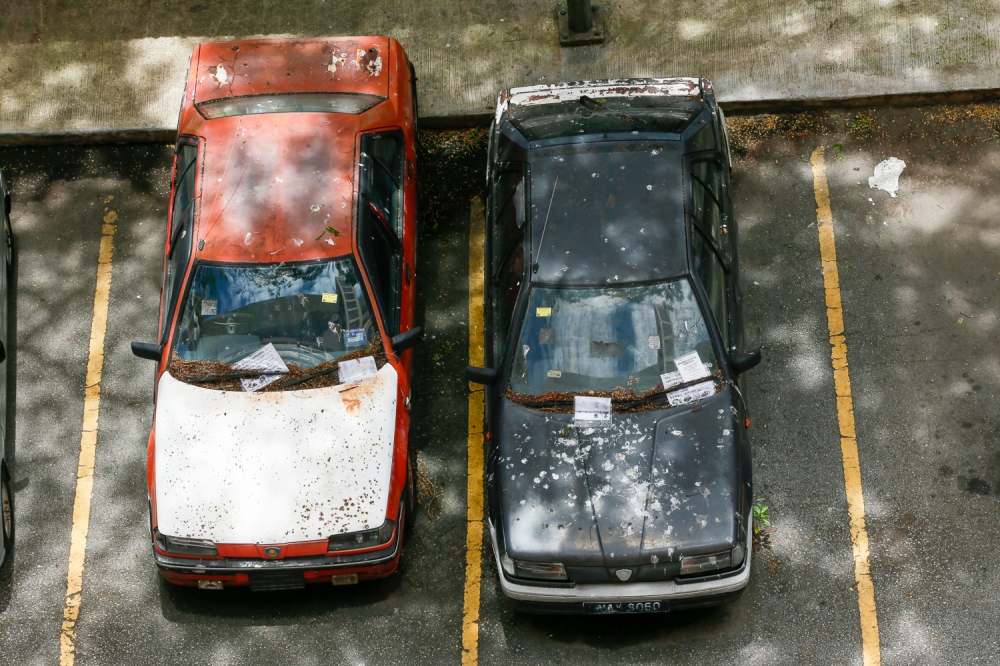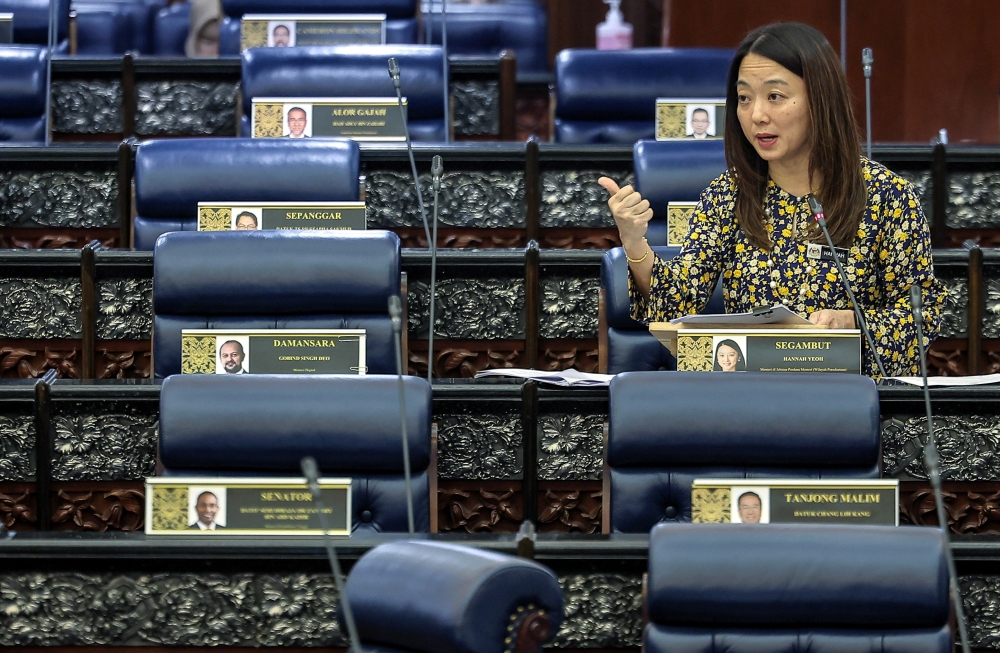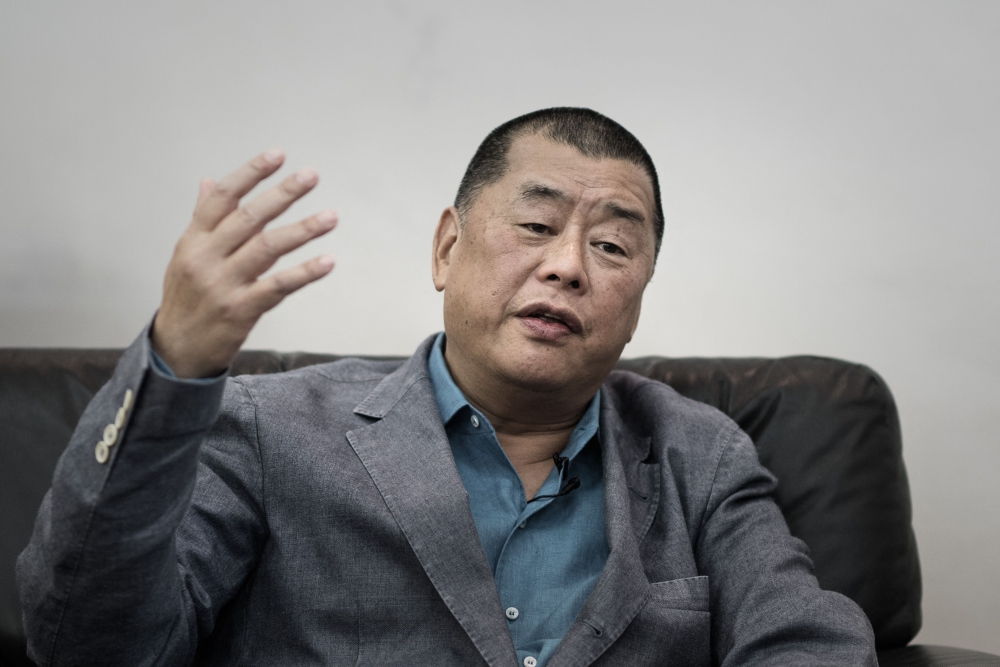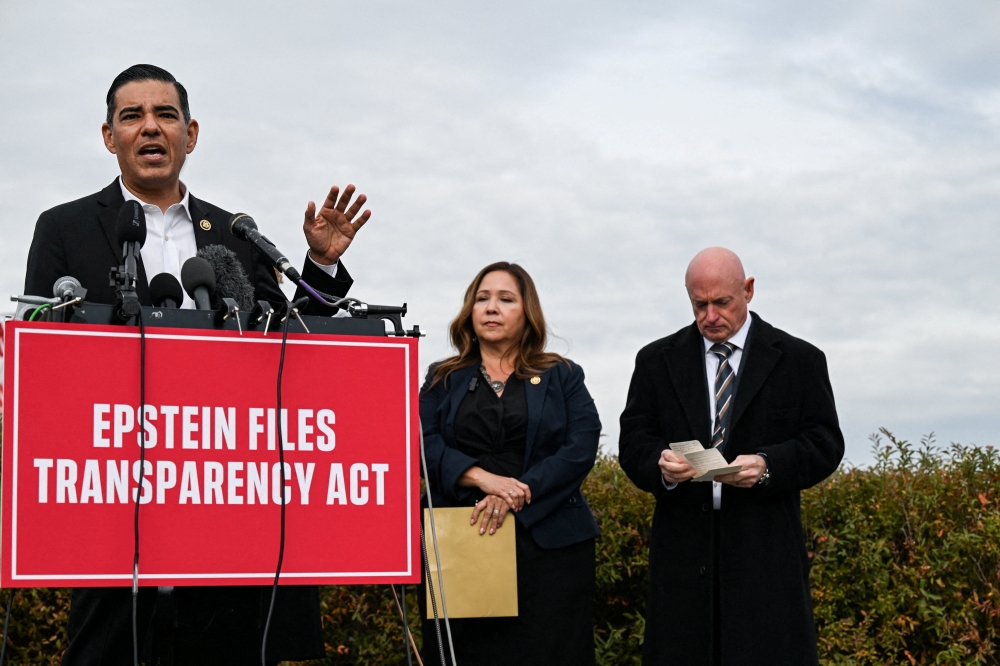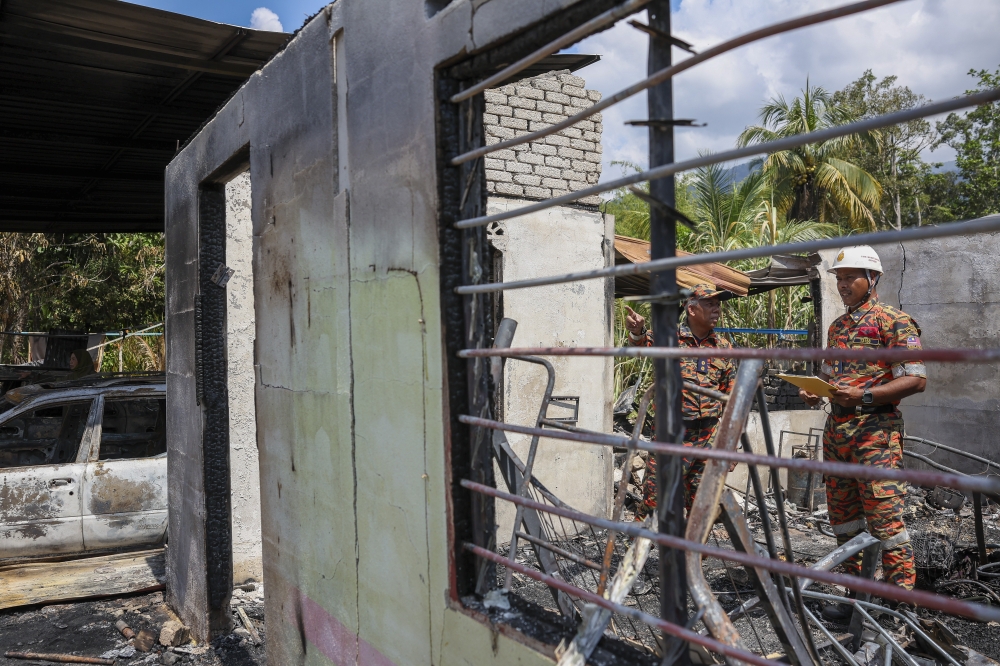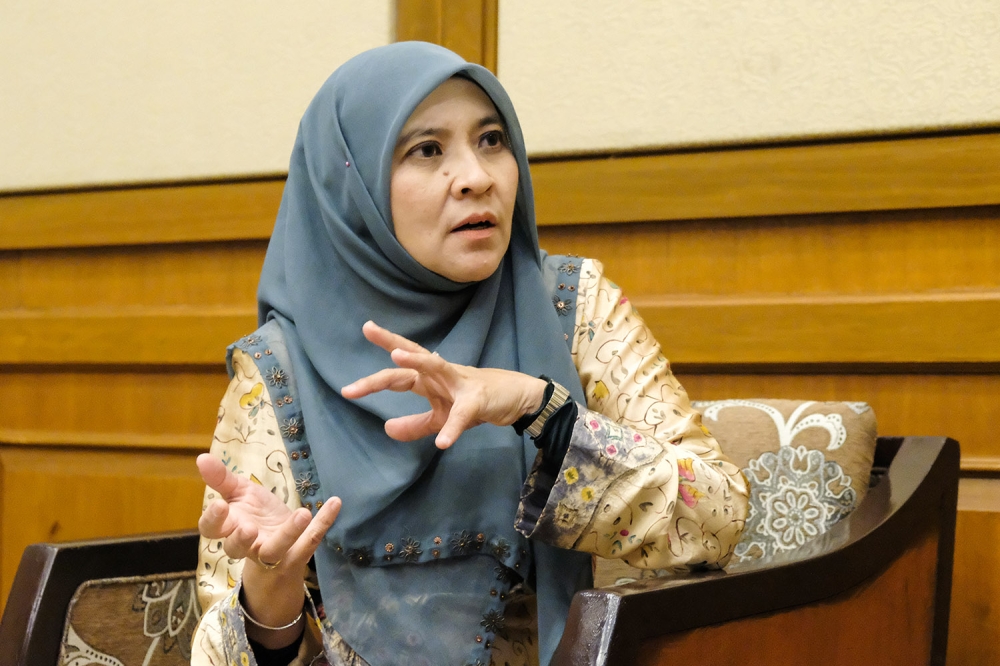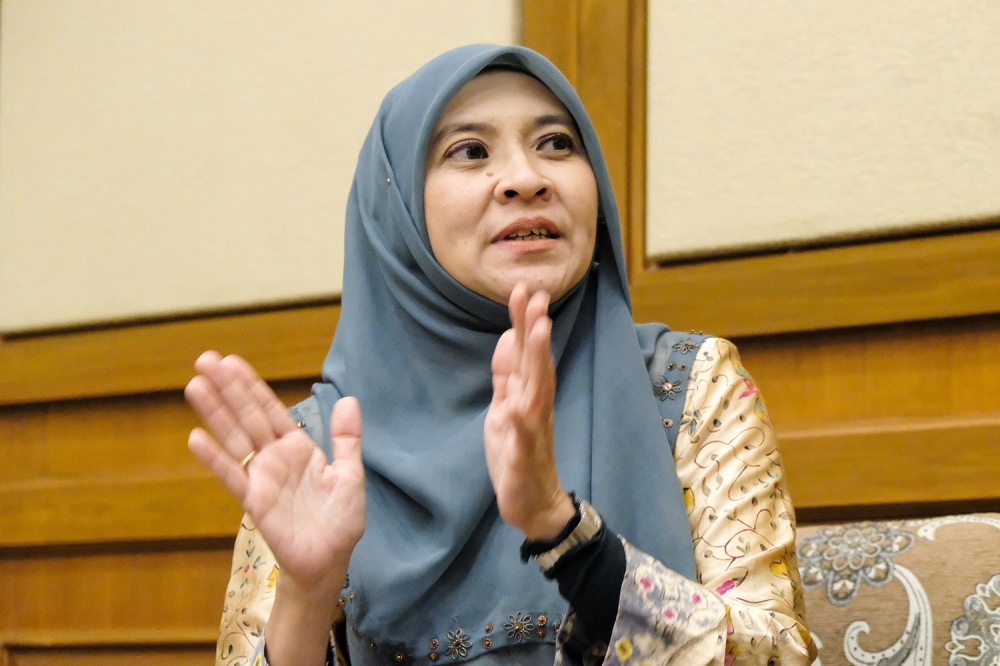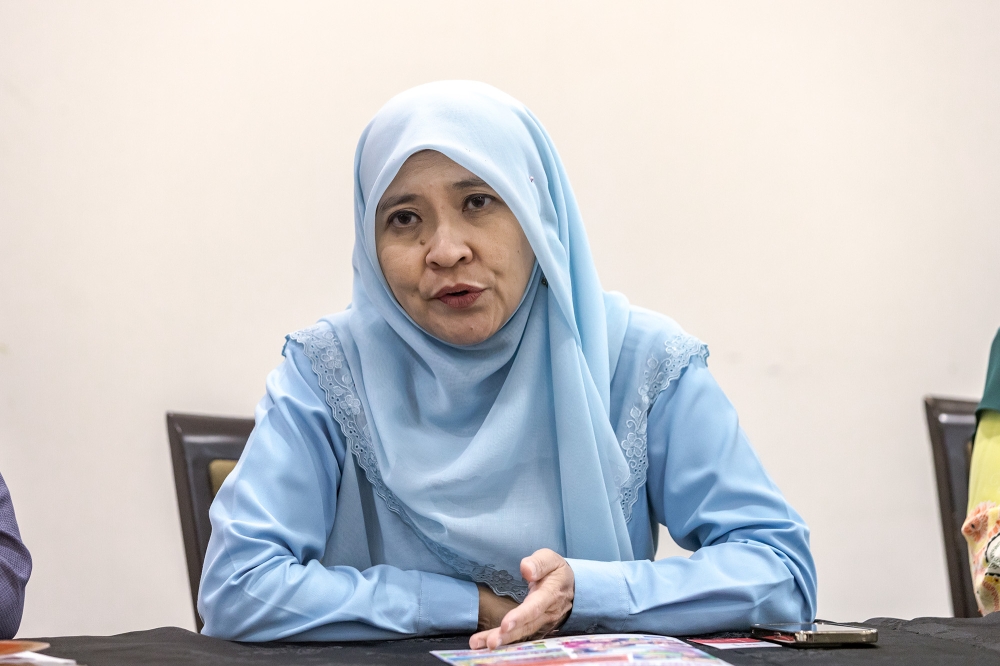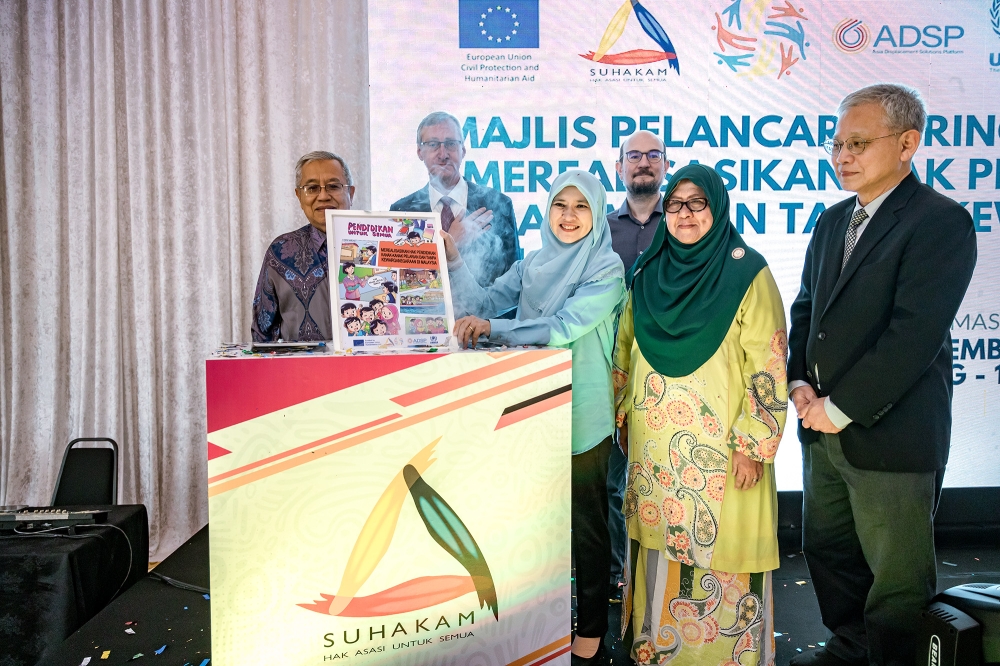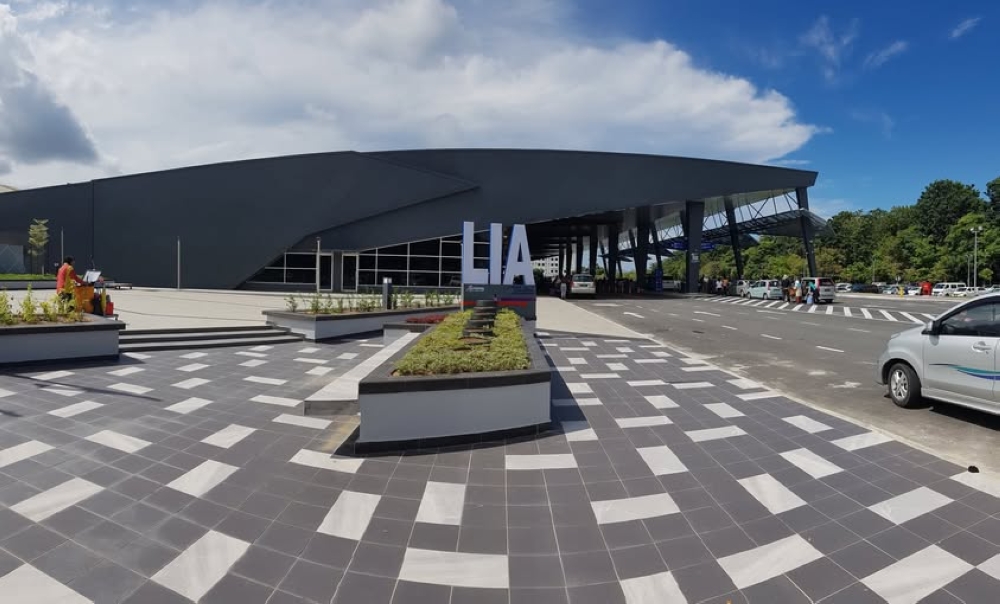KUALA LUMPUR, Dec 20 — One of the most pressing issues involving children currently is abuse and neglect, Children’s Commissioner Farah Nini Dusuki said pointing to how cases receive media spotlight almost every other week.
Speaking to Malay Mail in a recent interview, Farah who was appointed for a three-year term effective March this year said this would be followed by child safety — highlighting their welfare on the road or at home, and not necessarily when facing abuse.
“Do you know that we have quite a high under five-years-old mortality rate?” Farah said.
“So ours is pretty alarming because under five die due to many reasons, accidents at home, drowning — that’s why Hannah Yeoh introduced pilot projects on teaching children how to swim because drowning is one of the main causes [of death among children].”
Farah was referring to Sports and Youth Minister Hannah Yeoh, who launched a free swimming programme for needy children earlier this year.
Yeoh had said the locations for the classes were picked based on the districts where cases of death by drowning are the highest, and her ministry has identified 18 districts of concern, spanning eight states: Kuala Lumpur, Selangor, Sabah, Sarawak, Kelantan, Kedah, Johor and Pahang.
Farah stressed that according to police statistics, some children die from riding a motorbike as early as seven years old.
“So you see when you look at the rate of injuries and death, to me it’s such senseless death. Why should you even have categories of ages tagged to the motorcycle accidents when by right in this country, you can only ride bikes when you are 16?” she asked
Violence in schools is another pressing issue that Farah said needed immediate attention.
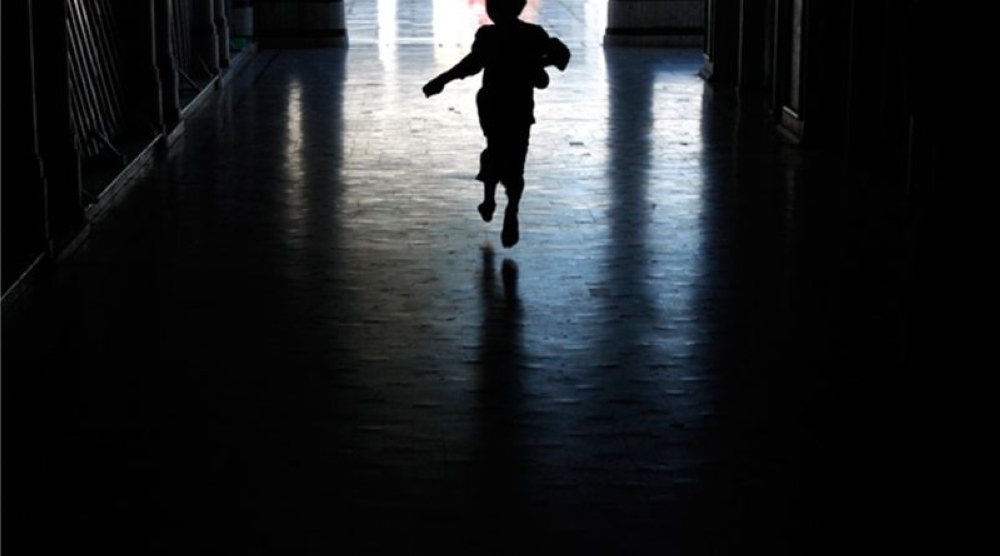
“Violence in schools is endemic. The bullying, violence from teachers towards kids, and peer-to-peer violence, and it is becoming a vicious cycle.
“Like you know the older ones bully the younger ones and the younger ones perpetually practice with other younger ones.
“So we have to overcome this bullying and of course, we are not even talking about online exploitation,” she said.
This is why she said there is a need for relevant stakeholders to work together, to work collaboratively and integrate.
“Somehow, we are not very good at doing that. We need to integrate meaning to say that you cannot look at one ministry managing children alone, there are more than 20 agencies responsible for children in different aspects, so it’s time to work together.
“And that is why sometimes the child protection ecosystem is not protective because everybody’s focus is limited,” she said.
With the amendments approved in Parliament for the National Human Rights Commission (Suhakam) Act 1999, Farah said more staff could be engaged and they would be able to do more. However, this can only take effect once the amendments have been approved by the Senate House.
“But that doesn’t mean that we don’t start doing anything now,” she said.
“Fortunately, because we are now confirmed under Suhakam. Before this, people thought that we would be out of Suhakam, so now that is confirmed the inside we get huge support from the other divisions like we did just in Jeli, last month, to have a programme with the Orang Asli so the office of the Children Commission went together with the Suhakam education and promotion unit.”
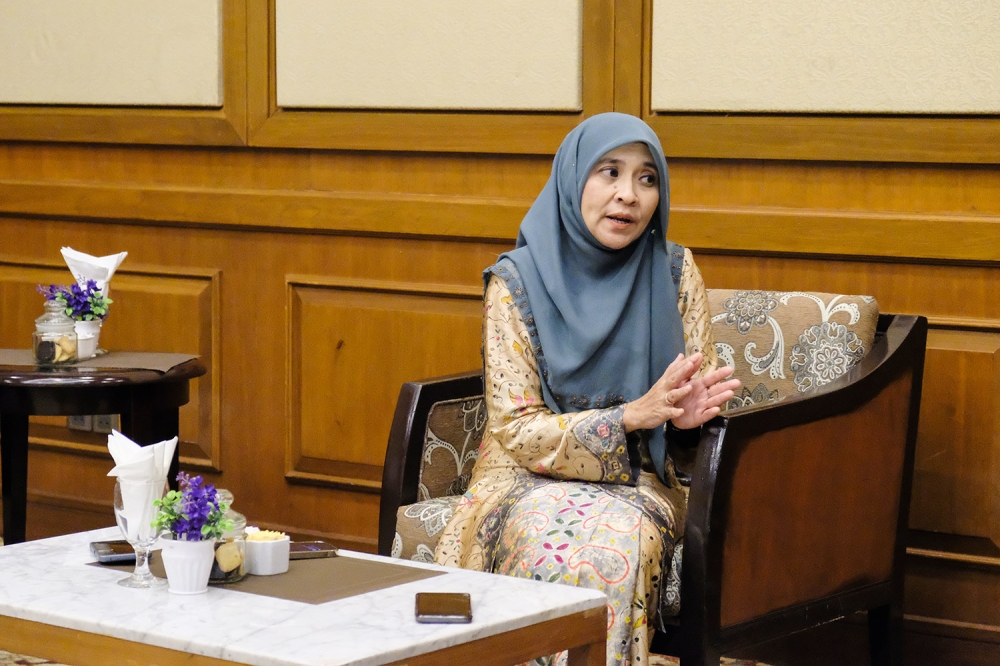
The amendment to the Suhakam Act consists of 11 clauses, and was passed in the Dewan Rakyat last November.
The new amendments to the Act, among others include inserting a new section — Section 6A.
Under Section 6A, subsection (1) says the Yang di-Pertuan Agong “shall designate from amongst the members of the Commission (Suhakam) appointed under Section 5, a Chief Children’s Commissioner and two Children’s Commissioners to deal with human rights matters relating to children”.
Commissioners will also now have the power to visit any detention centre or location to probe human rights abuse allegations.
Amendments to Section 4(2)(e) will also allow Suhakam to receive complaints directly from children or any person or authority related to children’s complaints and to act on such complaints.
Additionally, there must be a minimum of seven and not more than 20 members in Suhakam.
One of the Commissioners appointed has to be a person with disabilities while 30 per cent of the remaining members must be made up of women.
Farah Nini, who has over 30 years of experience in the field of human rights and child law, obtained her doctorate from Cardiff University, Wales, in the United Kingdom in 2002 with a thesis that analysed socio-legal issues to protect children from abuse and neglect.
Her research areas include legislation on criminal justice, child law, adolescent protection in sexual reproductive health issues as well as the implementation and enforcement of children’s rights in Malaysia.



